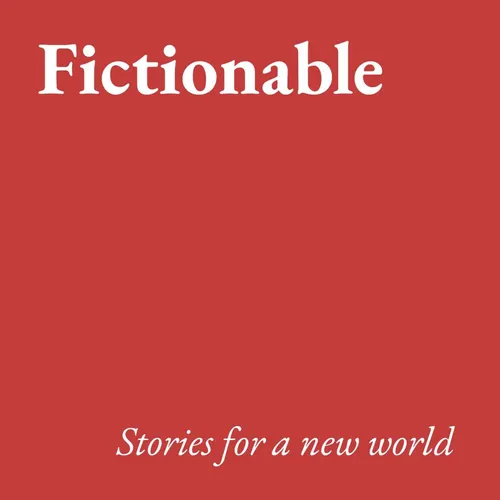Carolina Bruck: 'Fiction can transform the way we understand the world'
- Author
- Fictionable
- Published
- Sat 03 Aug 2024
- Episode Link
- https://fictionable.world
This summer series has already brought us Samantha Harvey and Patrick Cash. Now it's time for Carolina Bruck and her translator Ellen Jones, with Bruck's short story China.
We start with questions of vocabulary, as Bruck clears up exactly what a china is and fills us in on the cultural significance of the gaucho.
The author says she was writing against Esteban Echeverría's poem The Captive, inverting the traditional Argentine dichotomy between civilisation and barbarity.
"Civilisation has always been associated with everything that comes from Europe," she says, "and la barbarie – this savageness – has always been associated with the indigenous, with what was original to America."
In China, Bruck upends Echeverría's scheme. "Civilisation is associated with Constanza the Mapuche woman," Bruck explains, "who rebels against the savagery of Eugenia and her family, who aspire to be as European as possible."
The myth that Argentina is a European nation is still a powerful force – all the more so after Javier Milei's victory in last year's elections. Life for Argentine writers is "bad, in a word", Bruck admits. "Those who work in the culture industry are suffering, the government is attacking them."
But fiction can still make a difference. "The impact it has is neither direct nor mechanical," Bruck says, "but it represents hope."
Hosted on Acast. See acast.com/privacy for more information.
